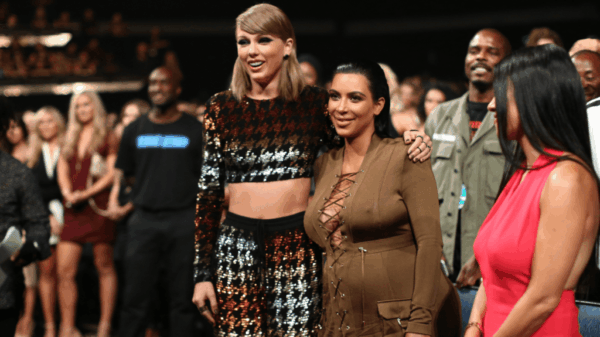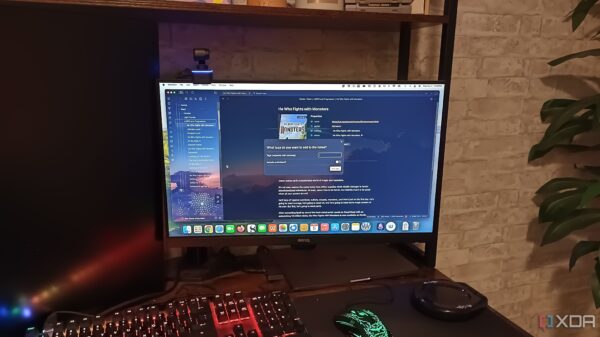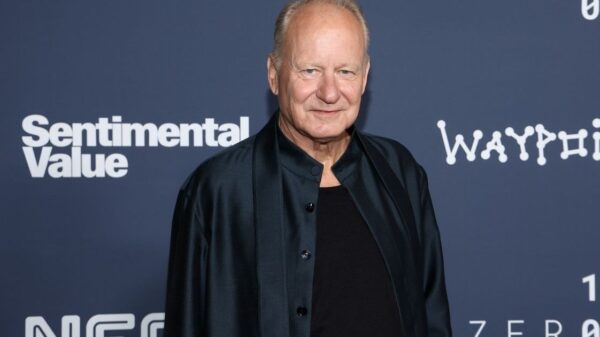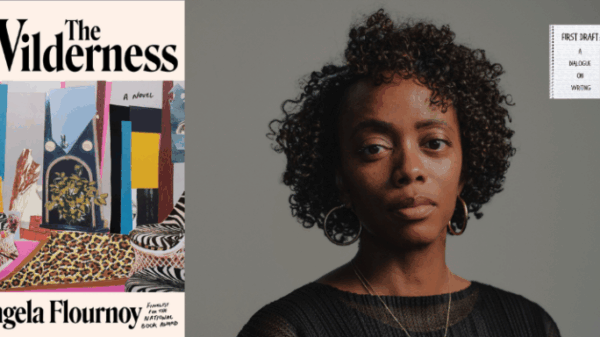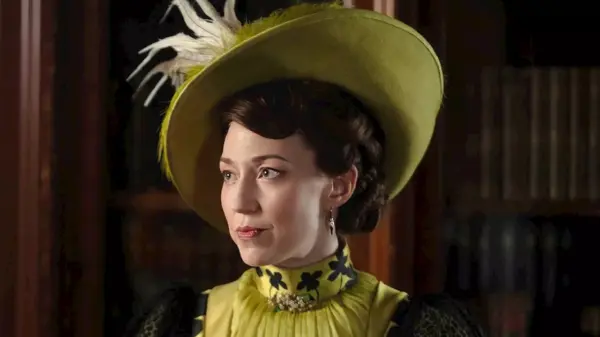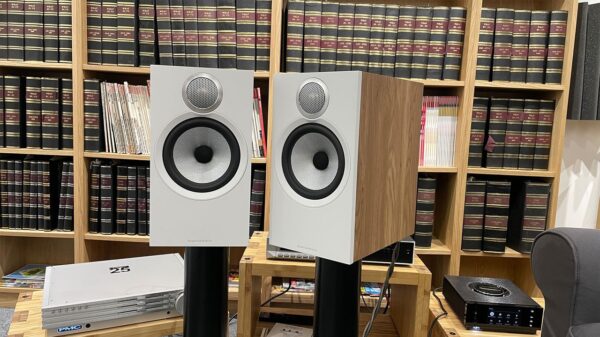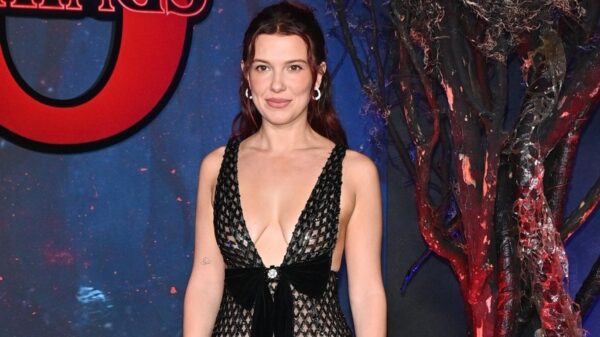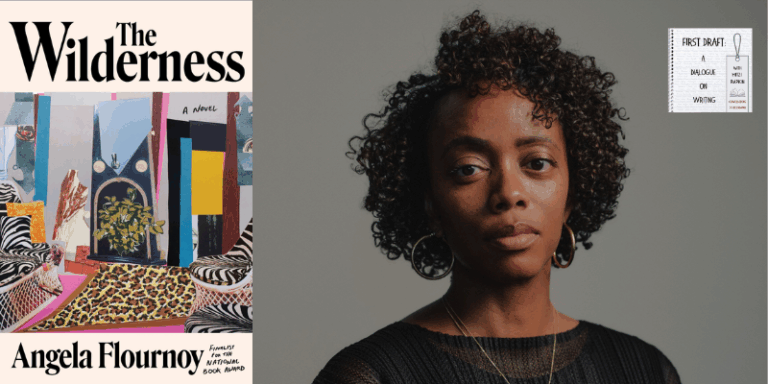Angela Flournoy, acclaimed author and finalist for the National Book Award, recently engaged in a thoughtful dialogue with host Mitzi Rapkin on the podcast First Draft. The conversation centered around her latest novel, The Wilderness, which has garnered significant attention, including being longlisted for the National Book Award and shortlisted for the Kirkus Prize.
Exploring Narrative Structure
During the episode, Flournoy delves into the evolution of her writing style throughout this new work. She describes how certain sections of The Wilderness begin with a lyrical narrative, only to transition into a more concise and fluid style as the story progresses. Flournoy explains that these shifts reflect the characters’ growth and their changing perspectives over time.
Flournoy emphasizes her admiration for the literary giant Toni Morrison, stating, “I love Toni Morrison. That’s just for everything.” This influence is evident in the novel’s structure, which contrasts the characters’ youthful experiences with the more chronological and retrospective tone that emerges as they age. Flournoy articulates the concept of a “cloud of experience,” suggesting that life is not always about clear-cut meanings but rather an array of perceptions that evolve.
A Shift in Narrative Tone
The author notes a pivotal moment in the narrative that necessitated a change in how the story is told. “If this was a book that was about everybody telling their sides, then here is a thing that sort of has ruptured this unit in a way,” she explains. This rupture alters the narrative’s approach, mirroring the characters’ experiences and the shifting dynamics within their relationships.
Flournoy’s debut novel, The Turner House, was widely recognized, winning the VCU Cabell First Novel Prize and being a finalist for multiple prestigious awards. With The Wilderness, she continues to explore complex themes, illustrating how personal and collective histories shape individuals and their connections.
Her essays and nonfiction work have appeared in notable publications such as The New York Times and The New Yorker, further establishing her as a significant voice in contemporary literature. Listeners can subscribe to the First Draft podcast to hear the full interview and gain deeper insights into Flournoy’s creative process.




